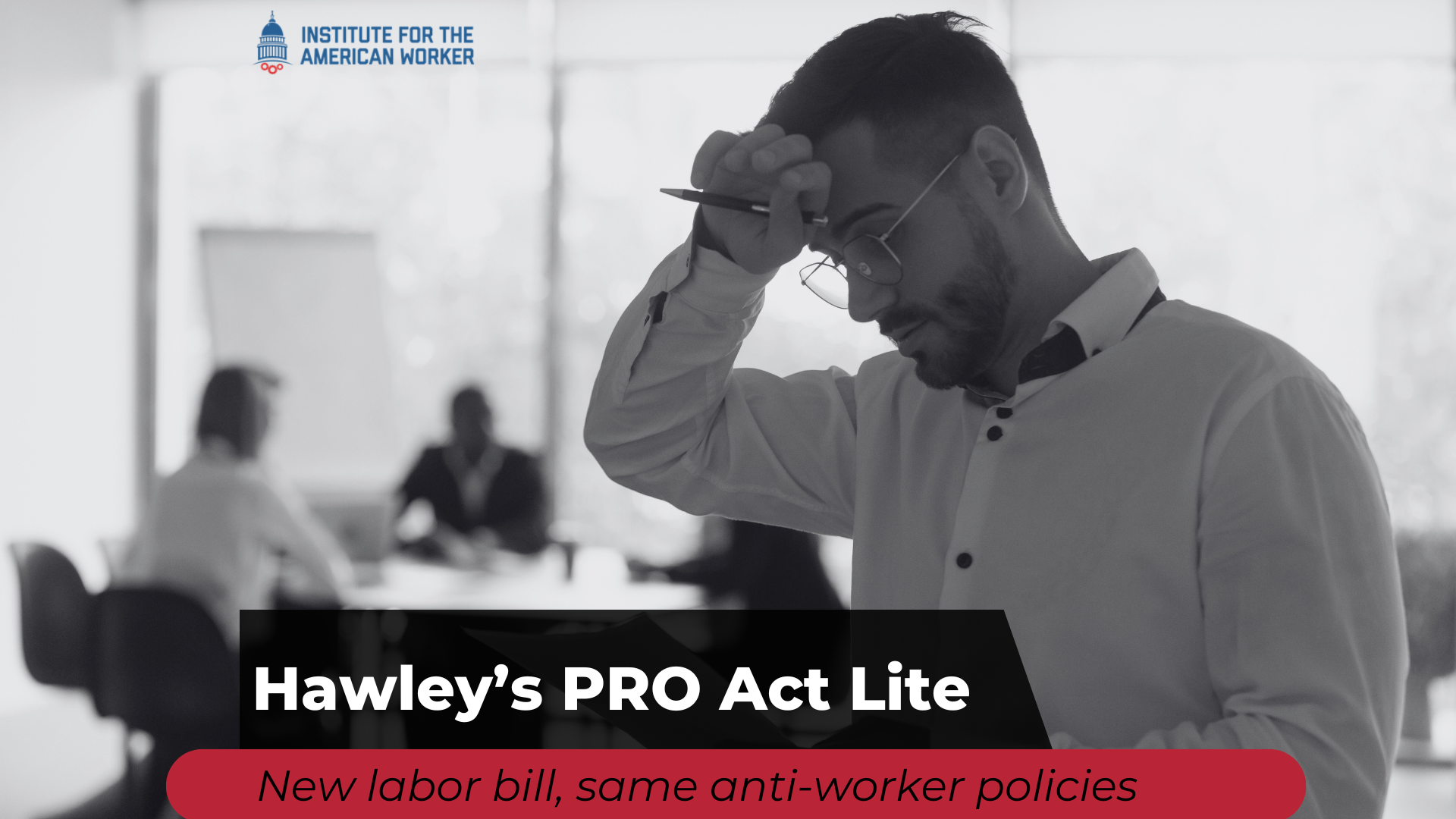Posts tagged collective bargaining
Salt Lake City librarians officially unionize, but likely referendum to determine next steps
May 5, 2025 // Ninety-two percent of Salt Lake City librarians voted to unionize, joining AFSCME Local 1004. A new state law, HB267, bans public sector collective bargaining agreements. A likely referendum on the bill will determine the future of public union negotiations in 2026.
Opinion: Unions’ victories shake Utah politics
April 25, 2025 // Legislators will not go quietly into the night, allowing an activist judge to dismantle Utah’s school choice program. Expect legislation to shore up the program, and judges to once again be recipients of legislative ire. Pignanelli: Unless resolved soon, the role of public employee associations will be a feature in political party conventions and swing legislative districts. The Supreme Court’s ultimate ruling on the scholarship program could foster another constitutional ballot proposition.
Op-ed: MARY KATHARINE HAM: Teachers union bosses put themselves first, teachers and students last
April 23, 2025 // Just recently, Iowa Republican Sen. Joni Ernst uncovered $3.3 million in taxpayer money, and 87,000 hours spent at one agency alone over just two years that went to thousands of hours of union-related activities instead of the American people. Elsewhere, the IRS union is negotiating for its members to show up only once a week in person and retain a bunch of generous bonuses. An unwelcome April surprise, just like your tax bill!
Commentary: VA is selectively enforcing Trump’s order stripping workers of union rights
April 22, 2025 // But the same notice, without explanation, exempts eight small labor groups within the VA from Trump’s edict, effectively allowing them to retain their collective bargaining rights. Those unions include the Laborers International Union of North America, the Western Federation of Nurses and Health Professionals, the Veterans Affairs Staff Nurse Council Local 5032 in Wisconsin, the International Association of Firefighters in Arkansas, the Teamsters Union Local 115 in Pennsylvania and the International Association of Machinists and Aerospace Workers in Hawaii. While Trump’s order exempts law enforcement and firefighter unions from losing their collective bargaining rights, that exception would apply only to the IAFF local.
Opinion: Remote work is a new battlefield for unions
April 22, 2025 // A series of Trump administration executive orders, and recent guidance from the Office of Personnel Management , aim to dismantle federal telework arrangements. That guidance indicates that agencies can override union contracts when it comes to deciding how much or how little employees get to work from home. Legal experts warn that reversing negotiated telework clauses not only puts federal employees’ work-life balance at risk but also sets a precedent that could weaken collective bargaining in other areas.
Commentary: Federal workers shouldn’t have collective bargaining rights
April 22, 2025 // Government unions’ response to DOGE’s cost-cutting efforts underscores the need for reform
Op-ed: California Legislature should drop latest attack on gig workers
April 21, 2025 // “The bill’s utter lack of detail is a problem,” William Messenger told us; he’s vice president and legal director of the National Right to Work Legal Defense Foundation, which defends workers’ right not to be controlled by unions. “It’s almost like they’re giving that department the authority to just sort of make up its own labor law.” He contrasted that with Massachusetts, whose voters last November passed Question 3, which enacts gig driver rules, but runs to 33 pages and, among other things, details a hearing and appeals process.

LETTER: Congress must reject proposed job-killing labor legislation
April 20, 2025 // However, a new threat to Kansas business owners has emerged in the form of a legislative framework that the Institute for the American Worker has dubbed the “PRO Act Lite,” modeled after the failed policies of Senator Bernie Sanders and other progressive lawmakers. While it may come with a new label, the substance remains the same. This proposal would drive up labor costs, stifle economic opportunity, and make it significantly harder for employers to create jobs.

Michael Watson: Big ESG’s Big Partner: Big Labor
April 20, 2025 // Unions’ principal interest in the ESG activism movement is on the “S” or “social” prong of the acronym. Both unions themselves, like the International Brotherhood of Teamsters, and critics of unions, like the Institute for the American Worker, will argue that Big Labor views ESG as a category for advancing union organizing and other core union priorities. Proxy Preview shows unions and union-aligned groups (like city and state pension funds and the largely union-owned and union-controlled Amalgamated Bank) pushing shareholder resolutions demanding that companies “adopt a noninterference policy respecting freedom of association” or “respect for freedom of association and collective bargaining”—euphemisms for neutrality in union organizing. Under a neutrality agreement, the employer agrees not to present its views on the potential consequences of union organizing to employees, and it may agree not to confirm union majority support by a government-supervised secret-ballot election, instead using public union-card signatures (known as “card check”).
Commentary: Teachers Need to Ditch Their Union
April 16, 2025 // The California Teachers Association, which considers itself “the co-equal fourth branch of government,” per former Democratic State Senate leader Dom Perata, is no better. As the Freedom Foundation notes, the union reports its political expenditures under three separate filings: The Issues Political Action Committee (PAC); The Association for Better Citizenship (ABC); and, The Independent Expenditure Committee (IEC).
